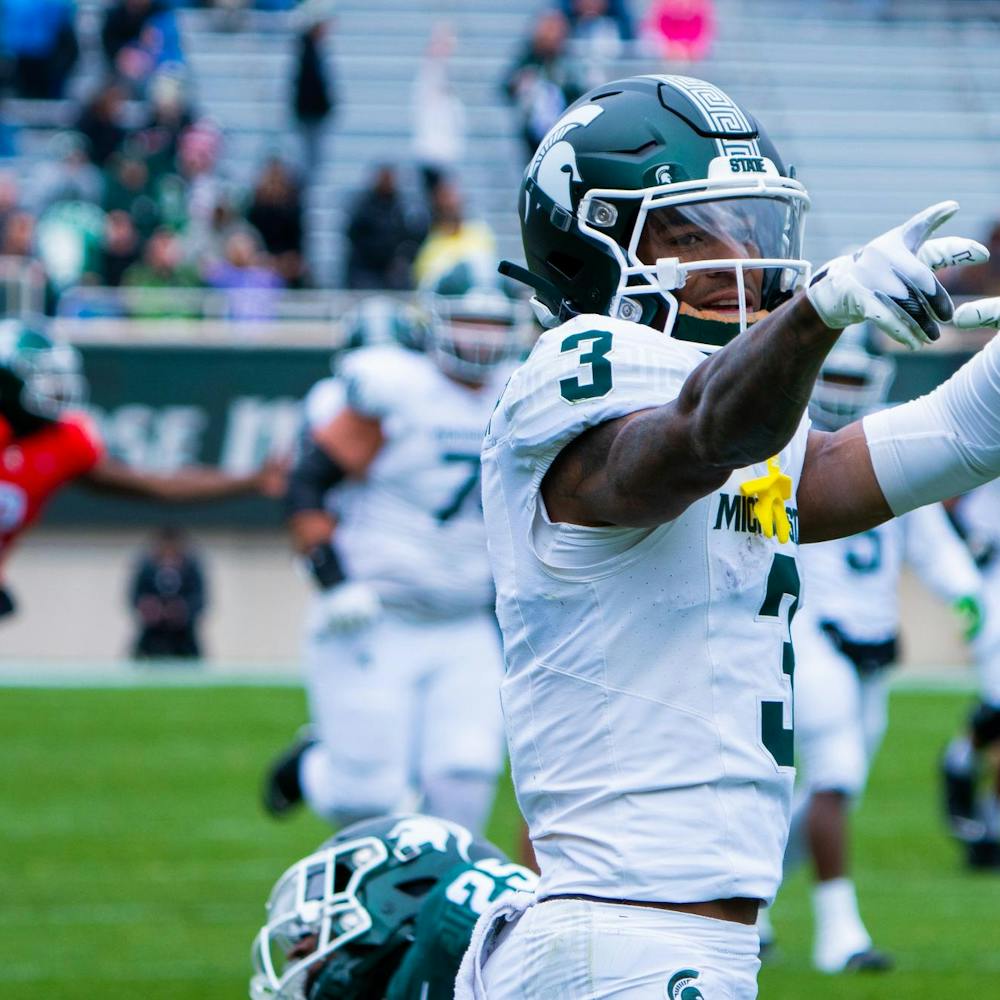Paraphrasing Voltaire, many echo his famous sentiment regarding free speech: “I may not agree with what you say, but I will defend to the death your right to say it.” I will not pretend to be so noble.
When I first heard English professor William Penn’s ignorant diatribe against Republicans, I was angry and had no intention of coming to his defense, despite viewing his rant apathetically. It is my opinion that, although he was obviously poorly informed on politics (he is an English professor, after all), his speech did nothing more than waste a little class time, offend a few sensitive students and make Democrats and everyone who supported his views look bad.
Despite strongly disagreeing with Penn, I don’t believe a little lecture should get him suspended, fired or otherwise ruin his life in academia.
That being said, what irritates me about this whole situation is not whether he should be disciplined; that is a complicated, bureaucratic process I’d rather not worry about. Rather, it is the fact that despite this controversy stirring up conversations regarding free speech, it is centered solely on faculty, with no mention of students.
The day after listening to his speech, I went to a few of my political science professors after class and asked them what they thought of the situation.
One of them pointed out that, had a student been recorded saying this to another student or, God forbid, a professor, that student could face disciplinary actions on the grounds of hate speech or insubordination.
Although this description of consequences might seem vague, that is because it is common for universities, especially large public ones the size of MSU, to have many ambiguous policies. This plethora of rules is two pronged: it makes it hard for students to understand all the policies they must abide by, and it makes it easy for faculty to interpret them to mean almost anything.
A quick search on MSU’s various websites shows the difficulty of finding all of the regulations, rules and guidelines students are expected to follow. Assuming a student can even find these rules, after a little reading, one can understand that these rules were written by lawyers, for lawyers, and for the benefit of faculty, who can pick and choose if and when they wish to discipline a student.
At this point, I can see how this column looks to be a broadside, conspiracy attack against MSU administrators. I am not saying it is impossible to express your opinions freely. I am merely attempting to point out that students, the reason this school exists, must be far more cautious with their words than professors; students do not have tenure to hide behind.
The Foundation for Individual Rights in Education, or FIRE ranks MSU as “yellow” on their speech code, meaning “institutions with at least one ambiguous policy that too easily encourages administrative abuse and arbitrary application.” MSU was put on “Red Alert” in 2008, when the then-ASMSU director was accused and found guilty of violating two vague “spamming” policies when she wrote to faculty regarding changes to Welcome Week. Following public outcry, coupled with the advocacy group’s efforts, the charges were dropped and the ASMSU director’s record remained clean. However, this example shows the dangers of defying our school’s bureaucracy.
I am not trying to say students should have equal rights as their professors who have spent their lives achieving their positions. I am not saying that freedom of speech should be unabridged. Instead, I support this freedom we have taken for granted in this country; a freedom we often forget is tentatively preserved at the university level.
While opinions and words filled with hate and anger, such as Penn’s, obviously should not take the center stage, when they are voiced, I appeal for restraint, not only on behalf of professors, but for students, too. The purpose of universities are to encourage thought and debate, not to suppress it. Even if students are not at the level of professors, they should at least enjoy the same protections and rights.
Jameson Joyce is a political science and pre-law senior. Reach him at joyceja1@msu.edu.
Support student media!
Please consider donating to The State News and help fund the future of journalism.
Discussion
Share and discuss “Students lack clear speech protections” on social media.







